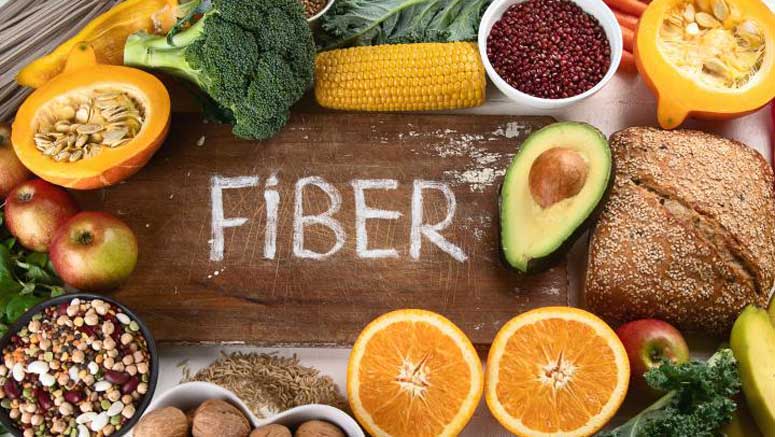Certain Fiber-Rich Carbohydrates

According to some studies [6], eating high-fiber foods may reduce the risk of developing inflammatory bowel disease. If you already have this disease, high-fiber foods may not be as good for you. If you have inflammatory bowel disease, you might want to limit the amount of insoluble fiber you consume if they trigger symptoms like diarrhea and abdominal pain.
Fiber-rich foods you can include in your diet are oatmeal, cornmeal, rice, potatoes, and legumes. You may need to limit certain fiber-rich carbohydrates like barley and rye, but it depends on how they affect you.
Low-Fat Dairy Products
With inflammatory bowel disease, you never know. It is fine to consume some dairy products as long as they do not worsen your symptoms. Taking a glass of milk, for example, may be fine for some people but not others. This is because sometimes inflammatory bowel disease co-occurs with lactose intolerance [7].
If you are going to consume dairy products, you should stick to low-fat dairy products, as they are less likely to trigger your symptoms. This means you should avoid dairy foods like butter, margarine, cream, and other full-fat dairy products.
Dairy foods you can add to your diet [8] include low-fat fermented dairy products like kefir or yogurt. You can also include dairy substitutes like cheese and milk made from plants such as soy, flax, almond, and coconut.
Water
Whether you have inflammatory bowel disease or not, taking plenty of water is important for your health. If you have this disorder, you should probably be more mindful about staying hydrated. It can help your medications work better and improve general gut health. Drink at least 8 to 10 glasses [9] of water a day.













